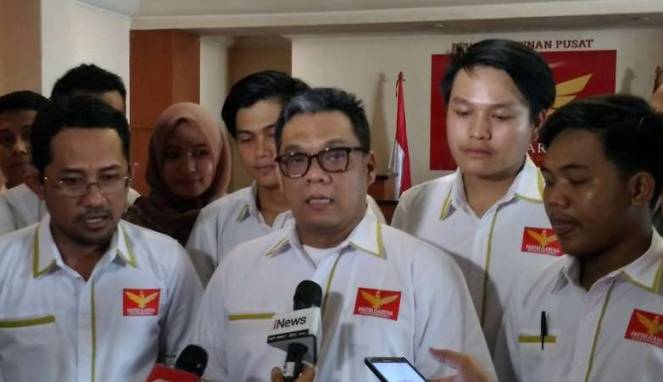You do not have to be an anthropologist to know that culture is not static. Rather, it is dynamic. Every aspect of culture changes from time to time but at an unpredictable rate. Depending on the stimulus, some aspects change slowly over time, others extremely fast. What is frightening about cultural change in
Nigeria
today is the quantity and quality of change and the effects, both positive and negative, on extant social, political, and economic practices.
Changes to the body and appearance
Let’s begin with physical appearance. For those who are 60 years or older, there are many noticeable features in the appearance of today’s youths, some of which attract jaw-dropping reactions. “Look at this young man, Prof,” said a fellow octogenarian to me as we waited in the Departure Lounge in Warri for a flight to Lagos. The boy in question had two distinguishing features: his hair was braided like that of a woman, while his girlfriend wore a yellow wig on her head, with the “hair” drooping over her shoulders. As my friend and I continued our conversation, more youths boarded the plane until over half of the passengers were young men and women mostly under 30. In addition to braided hair and coloured wigs, there were differently shaped beards and more wig colours.
As we focused on the girls, we noticed unusually rounded butts and hips, protruding backwards and sideways. I was told they wore butt and hip pads for enhancement. The pads are filled with silicon. Many wore similar enhancements to round out their breasts. In certain cases, the enhancement pushed up half or more of the breasts which made them look like they were about to pop out. Some cared less about breast enhancement than about how much of their breasts were exposed. They wore V- or U-shaped vests that exposed as much of their breasts as you cared to look. The craze for bodily enhancement has generated many customers for cosmetic surgeons, who pump the silicon into butts and hips. I am told some girls even enhance their lips!
What we observed at the Warri airport led me into deeper reflections on widespread cultural change among Nigerian youths, using Yoruba youths as a reference point. My mind went straight to women’s gele (headgear) and the new makeup tradition. A billion Naira industry has developed, consisting of itinerant makeup artists, who beautify women’s faces and tie their headgear for social occasions, such as weddings, birthdays, and funeral ceremonies. I understand that ready-made gele is now in the market.
I also recalled the traditional Yoruba sooro and buba, which our young men have reduced into tight-fitting outfit in the direction of English trouser and shirt. Even the traditional voluminous agbada has been reduced in size by the youths. The result is that the extra volume flowing beyond the hands is no longer there to wrap around the shoulders for fashion effect.
Music and pop culture
For today’s Yoruba musicians, music is about rhythm, not about lyrics. True, youths sing along with the musicians, but there’s nothing about philosophy, culture, or history in the songs. Octogenarians like me cannot but be nostalgic about the musicians of our time: Fatai Rolling Dollars; Adeolu Akinsanya (Baba Eto); Ebenezer Obey; Sunny Ade; Dele Abiodun; Orlando Owomoyela (popularly known as Orlando Owoh), and, of course, the Afro King himself, Fela Anikulapo Kuti. They produced historical, cultural, political, and philosophical songs you remember and learn from. The scanty lyrics of today’s music are about self, sex, money, and other material things. Their cultural basis is not the Yoruba that I know.
Change in attitude and value orientation
Traditional values of community and respect for elders have given way to emphasis on individuality. Hard work is no longer considered the best path to wealth accumulation and material possessions.
Change agents
This leads to the drivers of cultural change in contemporary Nigeria. In the forefront is the intertwined influence of globalisation, modernisation, and the technologies of communication. Interactions with other cultures have been influenced by these factors more than ever before. In particular, American pop culture and the American dollar are global currencies. American pop culture has had the greatest influence on Nigerian musicians. American musicians and some sports icons are also among the drivers of dress change and bodily practices—beard, plaited hair, and clothing style—among Nigerian musicians and youths in general.
Another driver of change is corruption and the material orientation of the society, led by the political class. Corruption erodes necessary support for educational institutions, which are the grooming ground for the youths. In the absence of necessary tools for learning, most of the youths pass through the system with little or no skills to sustain them after graduation. While in school, many join gangs and Yahoo groups, while others engage in other deviant practices. In the absence of employment, they engage in more deviant practices or professionalise the ones they carried over from school.
For many of them, social media provides a means of escape. All they need is an adopted mentor and a target of abuse on X, Facebook, and similar media. This was particularly evident during the 2023 presidential election, when Peter Obi’s Obidients (Obidiots) targeted his political opponents and whoever expressed a contrary opinion. Their behaviour manifested the erosion of values that social media promoted.
The point about culture is that it takes a life of its own once change sets in. You cannot stop it by legislation or coercion. Nigerian youths are on a course of change that may consume the whole nation in a few decades when my generation and the one after me are long gone. The social practices at that time will be regarded as the culture of the people.
Provided by SyndiGate Media Inc. (
Syndigate.info
).







